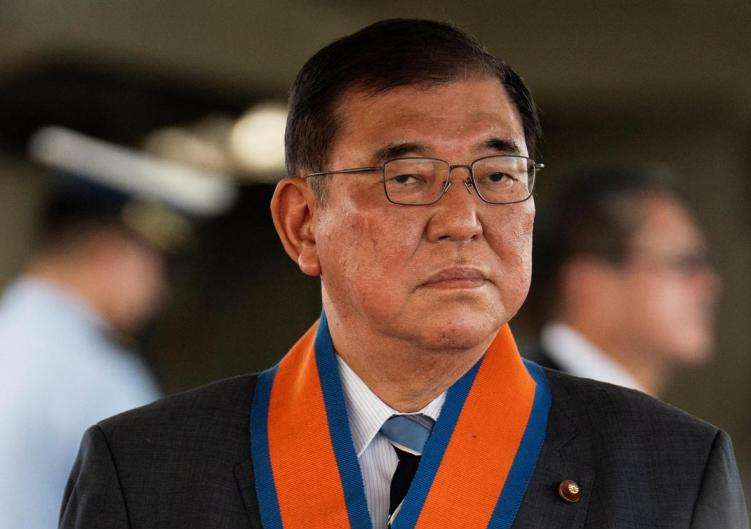
The latest public opinion survey results of Kyodo News Agency show that the approval rating of Japanese Prime Minister Shigeru Ishiba's cabinet is 27.4%, a decrease of 5.2 percentage points compared with the last survey in April, and a new low record of 27.6% set in March. The disapproval rate is 55.1%, reflecting that the public's dissatisfaction with the government's performance is deepening.
The survey also shows that against the backdrop of continuously rising prices, the government is facing greater public opinion pressure in dealing with the pressure on people's livelihood. Regarding the consumption tax policy, a total of 73.2% of the respondents supported the adoption of tax reduction measures, including "tax reduction only for food", "comprehensive tax reduction" and "the consumption tax should be abolished". Only 24.8% of people think that "tax cuts should not be implemented".
On specific livelihood issues, as many as 87.1% of the respondents believe that the government's response measures to the increase in rice prices are "insufficient", reflecting widespread public doubts about the effectiveness of price control.
Regarding the pension system reform bill that the government is vigorously promoting, there is a divergence of opinions among respondents on whether to include "increasing the basic pension (national pension)" in the bill: 41.4% believe it "should be included", while 46.4% think it is unnecessary, indicating that Japanese society has not yet reached a consensus on this issue.
When asked if they were worried about the decline in the quality of social security services in the future if the consumption tax was reduced or abolished, 72.9% of the respondents said they were "worried", highlighting the potential impact of fiscal sustainability issues on public opinion.
Furthermore, regarding trade negotiations with the United States, 74.3% of respondents said they "could not expect" whether the Ishiba Shigeru administration could prompt the Trump administration to adjust its high tariff policy, indicating a lack of public confidence in the government's diplomatic negotiation capabilities.

Driven by the Trump administration's push to relax financial regulations and the recovery of investment banking business, the market value of the six major banks in the United States has cumulatively increased by approximately 600 billion US dollars by 2025.
Driven by the Trump administration's push to relax financia…
On Christmas evening, U.S. President Trump posted on social…
According to multiple foreign media reports, the recent fin…
The middle class, once regarded as the cornerstone of Ameri…
On December 19th local time, the US military launched a lar…
The Boxing Day sunshine should have cast a false glow of pr…